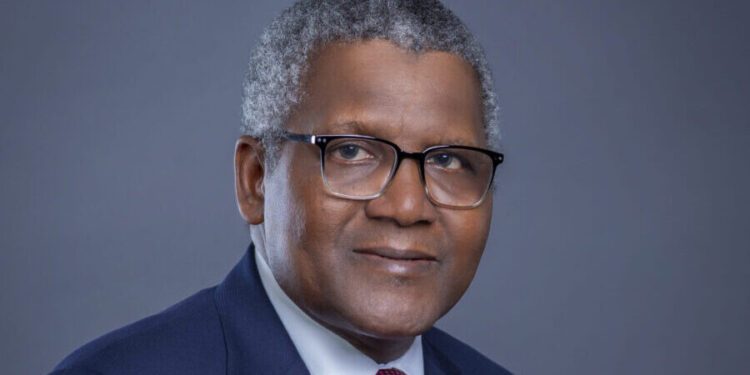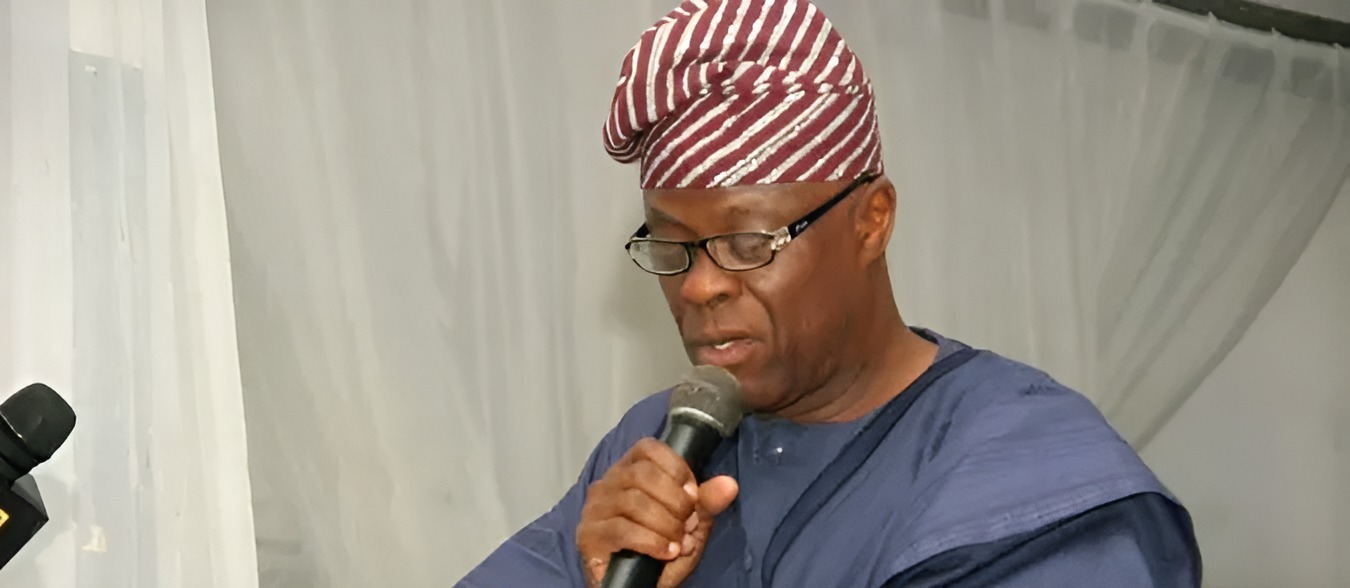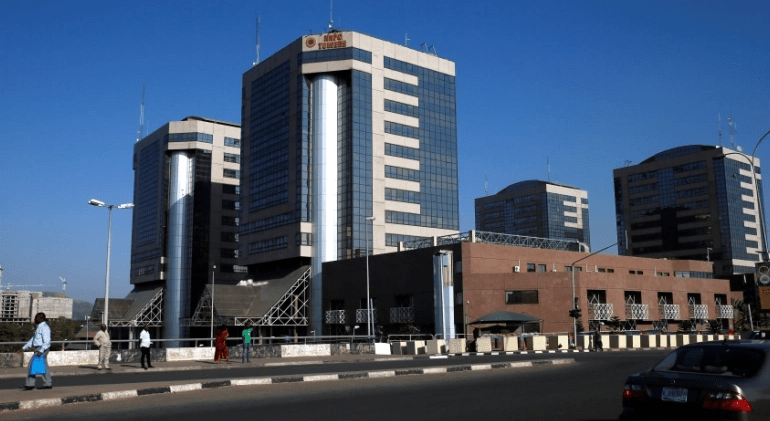Nigeria must summon the courage to count its people reasonably, honestly, and regularly, writes PAT ONUKWULI
In a political landscape often marked by rhetoric and evasive promises, it is rare to hear a voice speak with both clarity and urgency about one of Nigeria’s most critical shortcomings: its refusal to identify itself.
That voice, this time, belongs to Senator Victor Umeh, the Chairman of the Senate Committee on Population. At a recent public unveiling of the 2025 edition of the State of the World Population report in Abuja, Umeh made a plea that every patriotic Nigerian should echo: that the federal government must take urgent steps to conduct a national population and housing census.
It is not the first time such a call has been made. But Umeh’s framing was compelling. He reminded us that Nigeria continues to rely on assumptions about its population size, with estimates ranging from 200 million to 230 million, and no verifiable data to support them.
“These are merely assumptions,” he said. “That’s why conducting a credible national census is non-negotiable.”
He is right. In a 21st-century world defined by data, a country that does not know its population cannot possibly govern effectively. And yet, Nigeria, despite its ambitions of greatness, continues to make policy decisions in the dark, guided by outdated figures and politically convenient myths.
The British physicist Lord Kelvin once said, “If you cannot measure it, you cannot improve it.” That statement captures, with mathematical precision, Nigeria’s national dilemma. Our inability, or refusal, to count ourselves has become a symptom of deeper issues: political insecurity, institutional distrust, and a chronic failure to build a governance system grounded in altruism and truth.
It is easy to blame logistics, funding, or security concerns for Nigeria’s census paralysis. But the real reasons lie elsewhere.
Since independence, censuses have been plagued by controversy, marred by ethnic rivalries, political manipulation, and widespread mistrust. Repeated attempts at accurate headcounts have either been fiercely disputed, quietly abandoned, or reluctantly accepted as political compromises rather than statistical truths.
Thus, at the heart of Nigeria’s reluctance to conduct regular and accurate censuses is a pervasive fear of what the numbers might reveal, as well as the potential reordering of power that those numbers might demand.
Population figures in Nigeria are not neutral data points; they are political tools. Legislative seats, revenue allocations, and federal appointments are all distributed according to population. In such a system, the incentive is not to know the truth but to preserve the fiction.
Heuristic signals, such as school enrolment rates, electricity consumption, mobile phone registrations, birth records from public hospitals, and tax data, tell a far less convenient story.
These indicators suggest that some parts of Nigeria may not be as populous as they claim. Yet the illusion persists, precisely because it sustains entrenched political advantages. Peter Drucker, the influential management thinker, once wrote, “You can’t manage what you don’t measure.”
Nigeria is attempting to do precisely that: manage its economy, plan its infrastructure, combat insecurity, and deliver social services, without a clear understanding of its demographic makeup. The consequences are dire and immediate.
When we don’t know how many school-aged children live in a region, we under- or overbuild classrooms. When we guess at the number of elderly citizens or unemployed youth, we misallocate healthcare, pensions, and job creation programmes. Electoral boundaries become skewed, voter registration figures become suspect, and policymaking becomes a game of shadows.
The Nigerian state is not just failing to count; it is failing to care. A census is not simply a technical exercise; it is a moral declaration that every person matters. Counting a population is an act of recognition. It affirms the dignity of the citizen.
As American chemist Linus Pauling once said, “Facts are the air of scientists. Without them, you can never fly.” The same applies to nations. Umeh’s advocacy is significant not just because of his role in the Senate, but because it comes at a time when Nigeria stands at a crossroads.
The 2006 census, the last official count, took place almost two decades ago. Since then, the country has experienced rapid urbanisation, mass migration, insurgencies, and shifting fertility trends. Yet we remain locked into figures that no longer reflect our national reality.
Encouragingly, the call for change is gaining traction. Hon. Okunjimi Odimayo, Chairman of the House Committee on National Population and Identity, has indicated that the Constitution Review Committee is considering institutionalising a fixed interval for conducting censuses, as recommended by the United Nations Population Fund (UNFPA).
Nasir Isah Kwarra, Chairman of the National Population Commission, has emphasised that behind Nigeria’s fertility and demographic shifts lie deeper structural issues, poverty, gender inequality, and lack of reproductive autonomy, which can only be addressed with accurate data.
But even as these voices grow louder, the obstacles remain formidable. Too many vested interests benefit from the status quo. There is a reluctance to embrace a mirror that might reflect inconvenient truths. But that reluctance is ultimately self-defeating. As the ancient Greek philosopher Socrates said, “Know thyself.” It was not merely a call for introspection; it was a principle for all intelligent action.
A country that refuses to know itself cannot serve its people. It cannot govern wisely. It cannot compete globally.
The way forward demands courage, not only from policymakers but from the entire political class. A reliable census will require funding, transparency, and the proper use of technology. Most importantly, it will demand honesty. We must move away from the zero-sum mentality of inflated claims and adopt a governance ethic that prioritises truth over advantage.
Senator Victor Umeh has demonstrated leadership in this matter. His call for a census is a call for national integrity. It is a call to move beyond assumptions and into the light of accountability.
If Nigeria is to grow, prosper, and be taken seriously in the 21st Century, it must first do the simplest of things: count its people reasonably, honestly, and regularly.
Census data is not just administrative; it is existential. It affirms national identity, enables equitable governance, and secures a place at the global table.
Without accurate demographic knowledge, Nigeria cannot plan effectively at home nor speak with authority abroad.
Therefore, until Nigeria summons the political courage to know itself through honest counting, Nigeria will remain a nation adrift, heard but not heeded, present but not powerful.
. Dr. Onukwuli, a legal scholar and public affairs analyst, writes from Bolton, UK.
patonukwuli2003@yahoo.co.uk







